Being knowledgeable in your field is not the only requirement for launching your tech career. It takes much more than passing your exams to land a dream job or get the promotion you have been looking for. And that’s where we step in. Starting from Level 2 all the way to Level 4, you will gain in-depth career coaching to help you prepare for the next step after graduation.
We will prepare you for everything, from planning your job search and updating your resume to discovering how to stand out in your interviews. All this will be covered in four essential steps:






